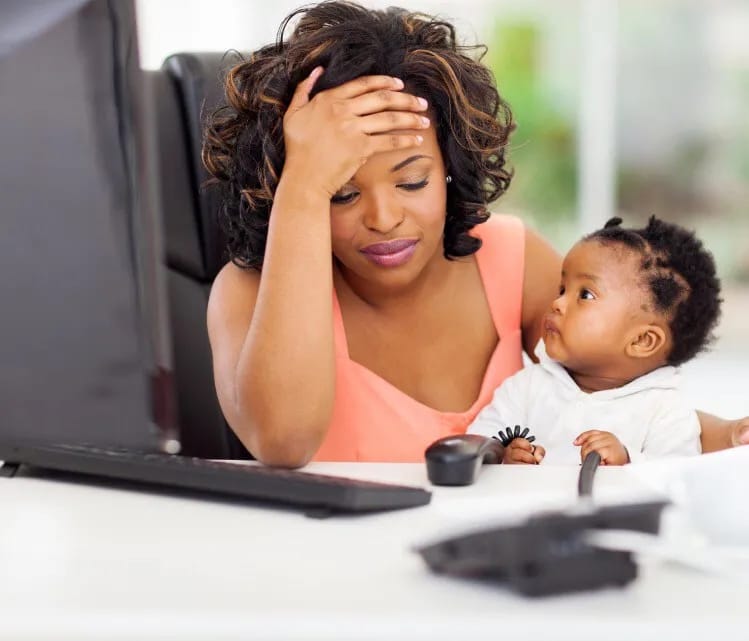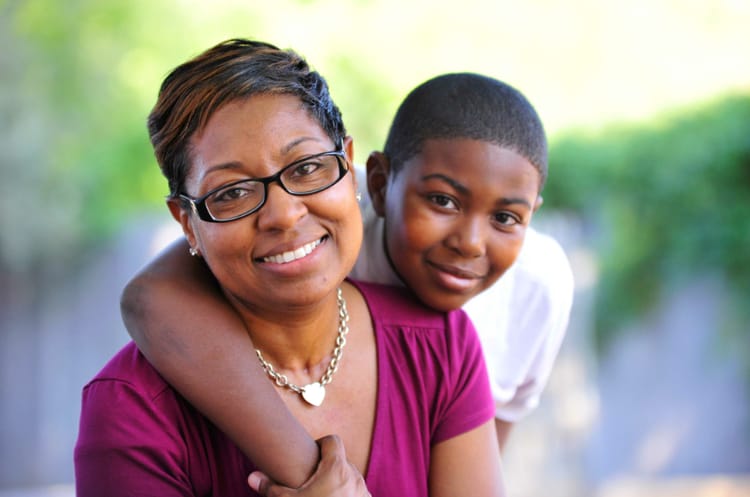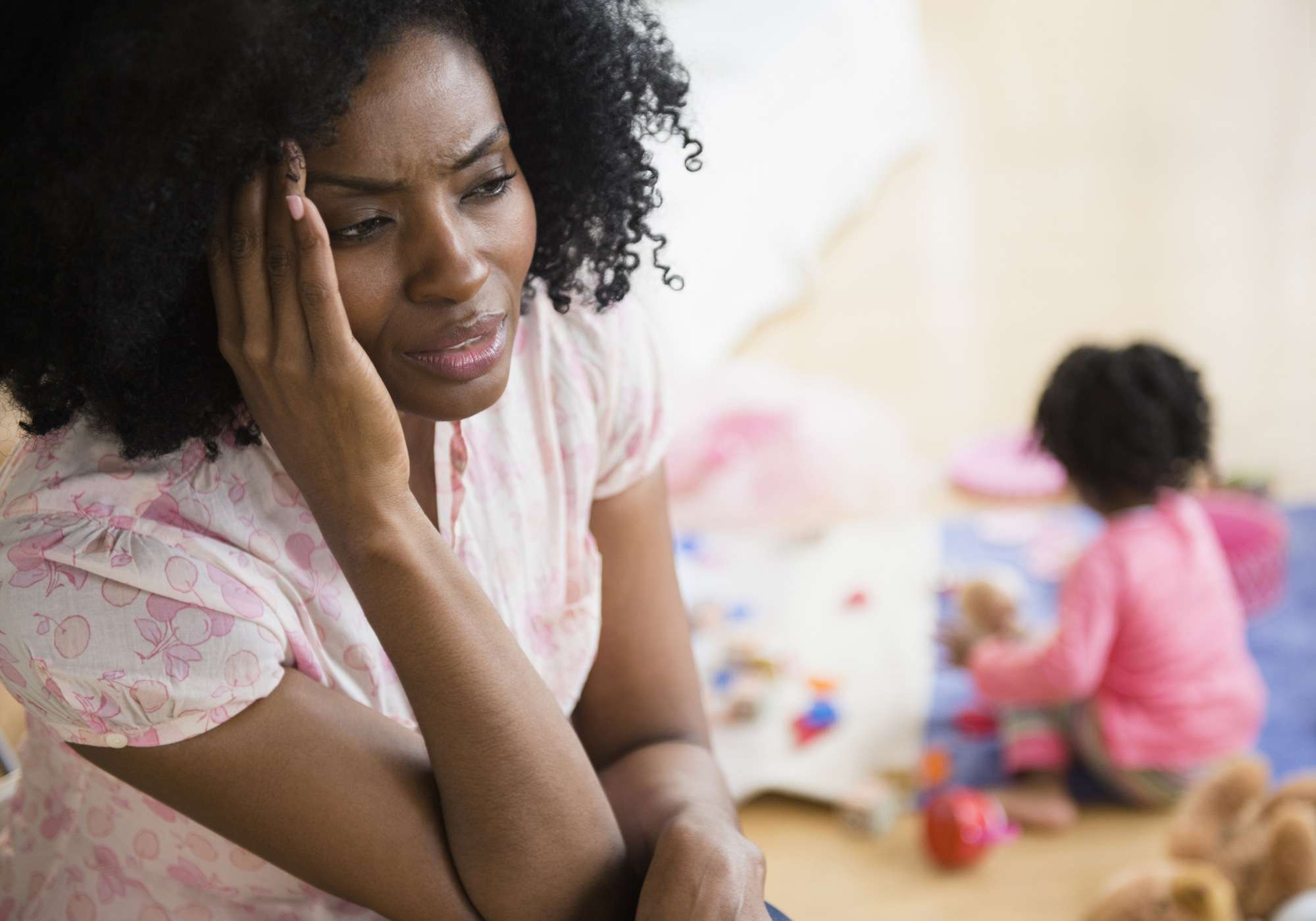Know Better, Do Better: Are Single Parent Households Bad for Society?

Single-parent households have become increasingly common in the United States over the past few decades. According to the U.S. Census Bureau, there were 10.9 million one-parent family groups with a child under the age of 18 in 2022, which is an increase from 9.8 million in 2010. While single-parent households can provide a nurturing and supportive environment for children, they can also have a significant impact on society as a whole.
One of the most significant impacts of single-parent households on society is the economic burden they can place on families and communities. Single parents often face financial challenges due to the lack of a second income, which can lead to poverty, debt, and limited access to resources. This can also affect the quality of life for children in single-parent households, who may not have access to the same opportunities and experiences as children in two-parent households. According to a NerdWallet article, the median annual income of single-parent households has grown just over 45%, after adjusting for inflation, to $43,000, slightly faster than any other household type. Across all households, typical incomes grew about 27% during that period. However, single-parent households still lack insulation from financial shocks, according to data from the Federal Reserve.

Another impact of single-parent households on society is the social stigma that can be associated with them. Single parents may face discrimination, judgment, or isolation from others due to their family structure. This can lead to feelings of shame, guilt, or inadequacy, which can affect their mental health and well-being. According to a Pew Research Center survey, 47% of U.S. adults say single women raising children on their own is generally a bad thing for society, an increase of 7 percentage points from the 40% who said the same in a 2018 Center survey 3. This social stigma can also affect the children of single-parent households, who may feel excluded or ostracized by their peers or society at large.
Single-parent households can also have an impact on child development and well-being. Children in single-parent households may face unique challenges and stressors, such as a lack of parental involvement, limited access to resources, and exposure to conflict or violence. These factors can affect their academic performance, mental health, and social skills. However, it’s important to note that not all children in single-parent households experience negative outcomes. According to a Harvard Gazette article, minority children are less negatively impacted by living outside of the two-parent family than white children. Scholars have speculated that this may be due to minority families having a stronger extended family support network than white families or perhaps that they are more frequently exposed to socioeconomic stressors such that the independent effect of living apart from a parent is just not as pronounced.

Single-parent households can also have an impact on public policy and social services. Policymakers and advocates have recognized the need to support single-parent households and address the challenges they face. This includes providing access to affordable housing, healthcare, education, and childcare, as well as promoting economic mobility and social inclusion. However, there is still much work to be done to ensure that single-parent households receive the support and resources they need to thrive.
Another impact of single-parent households on society is the gender gap that can be associated with them. Single mothers are more likely to live in poverty than single fathers or married couples, according to a National Women’s Law Center report. This can be due to a variety of factors, such as lower wages, limited job opportunities, and higher caregiving responsibilities. Single mothers may also face discrimination or bias in the workplace or in social settings, which can affect their self-esteem and confidence. This can also affect their children’s perceptions of gender roles and expectations.
Single-parent households can also have an impact on health and well-being. According to a Psychology Today article, single parents may experience higher levels of stress, depression, and anxiety than married parents or childless adults. This can be due to the demands of parenting, financial pressures, social isolation, or other factors.

Children in single-parent households may also experience higher levels of stress, trauma, or behavioral problems than children in two-parent households. However, it’s important to note that not all single-parent households experience negative outcomes, and many are able to thrive and succeed despite the challenges they face.
In conclusion, single-parent households can have a significant impact on society, both positive and negative. While they can provide a nurturing and supportive environment for children, they can also face economic challenges, social stigma, and health issues. It’s important for policymakers, communities, and individuals to recognize the unique needs and strengths of single-parent households and work together to promote their well-being and success. In my opinion, the solutions are simple (this is for the ladies); ALWAYS involve a trusted, mature, unbiased male relative or mentor in the vetting of your partner, it's much easier for us to ascertain the quality of another man's character. Second, if you do find yourself with an unplanned pregnancy, do WHATEVER it takes to make that relationship work. As difficult as that may be, it will be much less taxing than raising a child in a single parent household, and if you involved a trusted male relative/mentor in the vetting process, chances are the father is a decent person. What are your thoughts? How difficult is it for you (women) to override your feelings with logic? Chime in, I want to hear your thoughts! #heartemoji





